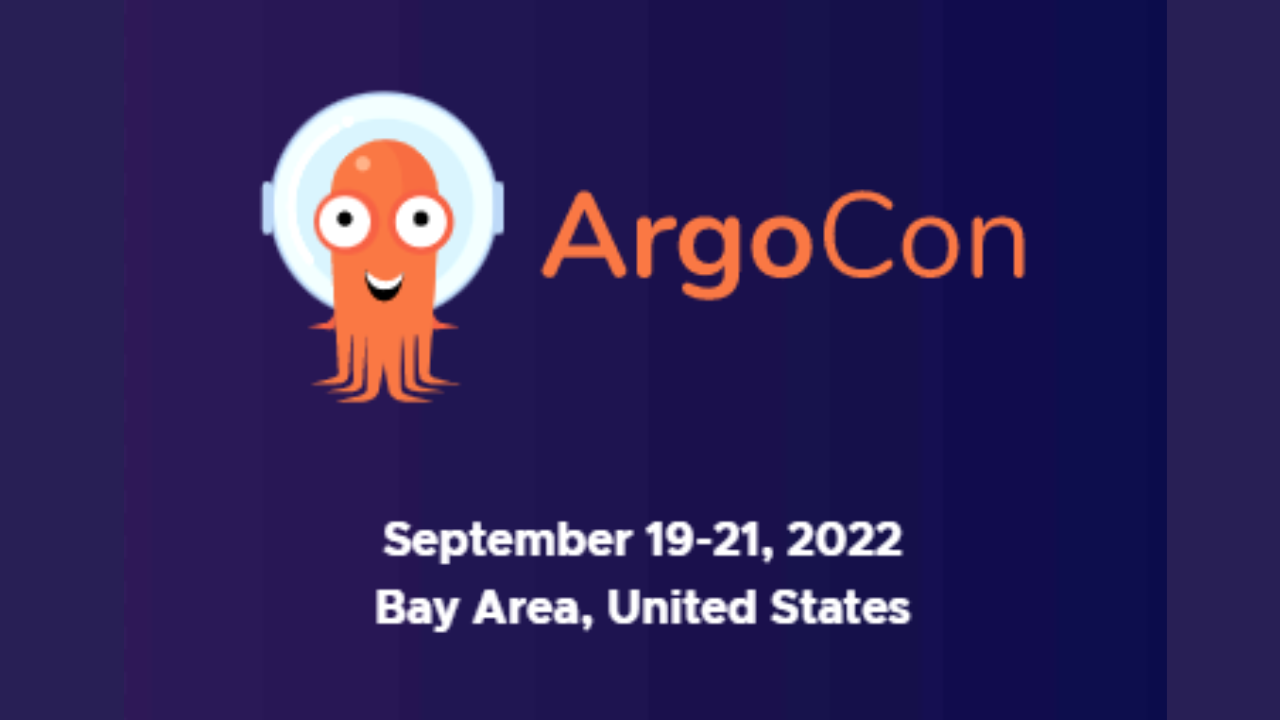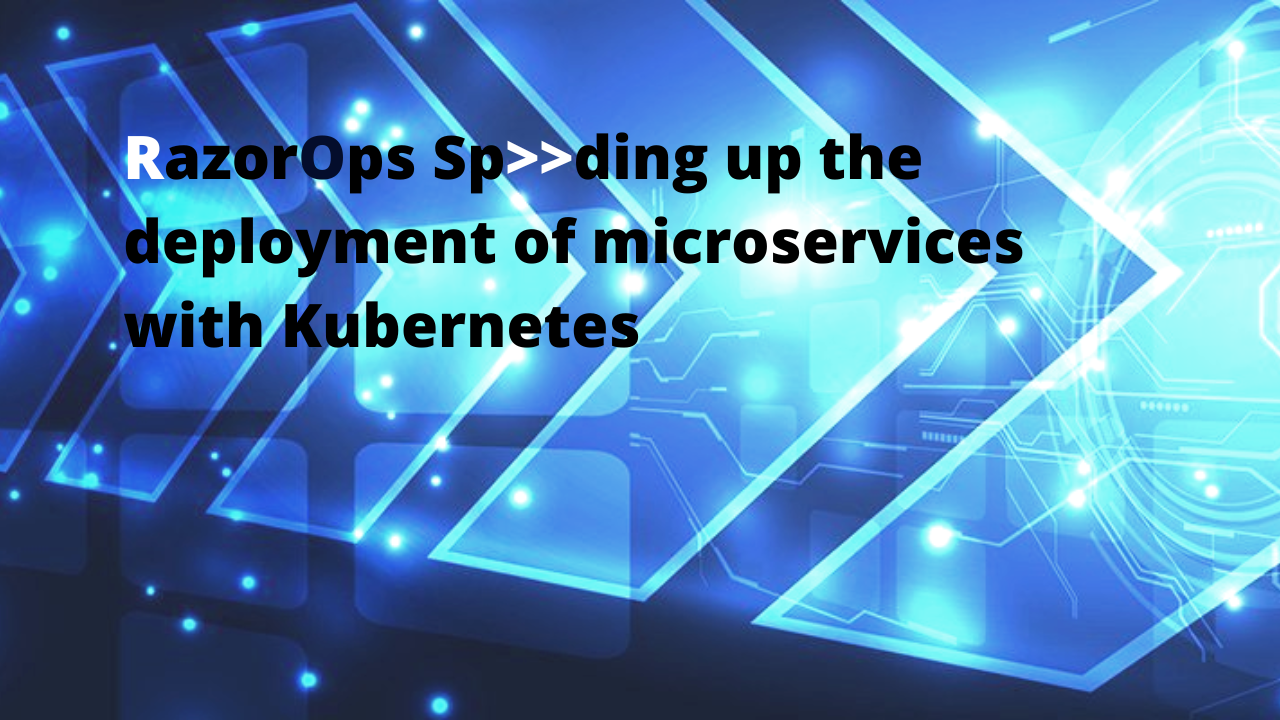
Speeding Up the deployment of microservices with Kubernetes with RazorOps. Learn about best practices and benefits. Subscribe to get the latest updates on container-native & DevOps news around the globe.
What are microservices?
The microservice design enables large, sophisticated applications to be delivered quickly, often, and reliably. It also allows a company’s technology stack to evolve.
Features of microservices
- Highly maintainable and testable
- Loosely coupled
- Independently deployable
- Organized around business capabilities
- Owned by a small team
The idea is for teams to be able to bring their services to life without relying on others. Loose coupling lowers all forms of dependencies and the complications that come with them because service developers don’t have to worry about the service’s users, and they don’t force their modifications on them.
Advantages of microservices
- Faster release cycles.
- Developer productivity.
- Collaboration.
- No single point of failure.
- Scalability.
- Reusability.
Benefits of Kubernetes for companies
- Control and automate deployments and updates
- Save money by optimizing infrastructural resources thanks to the more efficient use of hardware
- Orchestrate containers on multiple hosts
- Solve many common problems deriving by the proliferation of containers by organizing them in “pods” (see the last post!)
- Scale resources and applications in real time
- Test and autocorrection of applications
Microservices deconstruct a programmed into smaller, self-contained components, but IT administrators still need a mechanism to manage them. They can manage and scale containerized microservices automatically with Kubernetes.
Benefits of Kubernetes for microservices
- Self-healing
- Declarative configuration management and version control
- Multi-cloud and hybrid cloud
- Service exposure and load balancing
- Secrets management
- Scalability
- Zero downtime
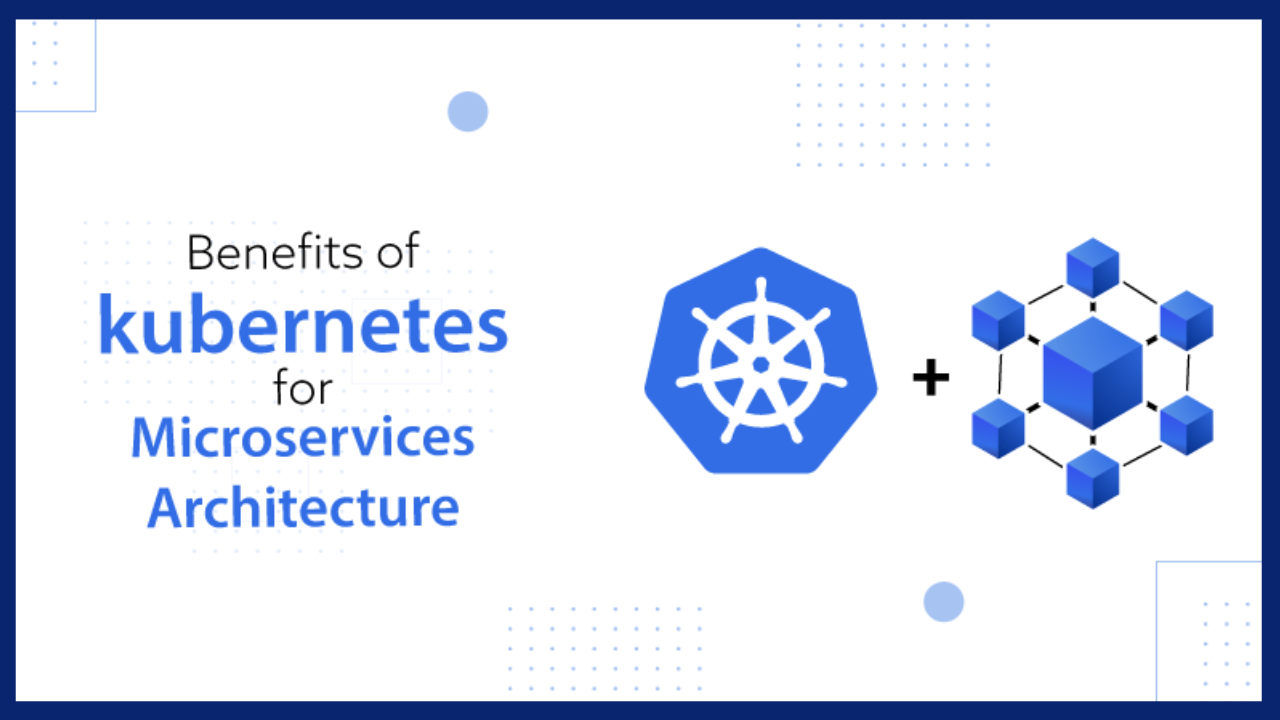
Features of Kubernetes
- Automates various manual processes
- Interacts with several groups of containers
- Provides additional services
- Self-monitoring
- Horizontal scaling
- Storage orchestration
- Automates rollouts and rollbacks
- Container balancing
- Run everywhere
Two migration paths are closely related: moving from monoliths to microservices and from virtual machines to Kubernetes clusters. With RazorOps, microservices may be easily deployed using Kubernetes clusters, and adopting microservices becomes a lot easier when containers are utilized for packaged delivery.
Top Picks for you this week
Nimble Buying team powered themselves deploy code directly into production in just few minutes.
The Nimble Buying development team desired the ability to work autonomously and quickly deploy code to production.
They also wanted to minimize the lengthy setup time and, more importantly, the maintenance that is typically associated with CI/CD pipelines.
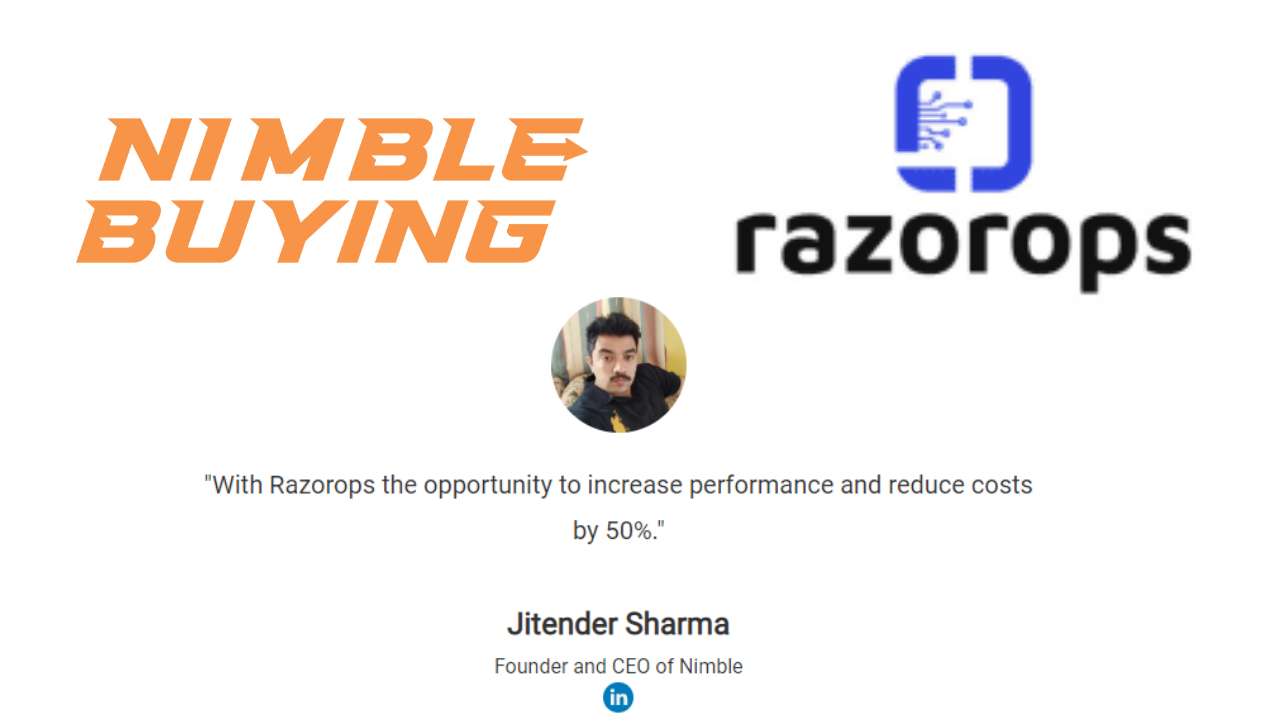
Zooming into CI/CD Pipeline- Benefits and Uses
With automated build, test, and deployment processes, Continuous Integration makes the product release process easier. Continuous Delivery retrieves code from the shared repository and delivers it to the production environment on a regular basis.
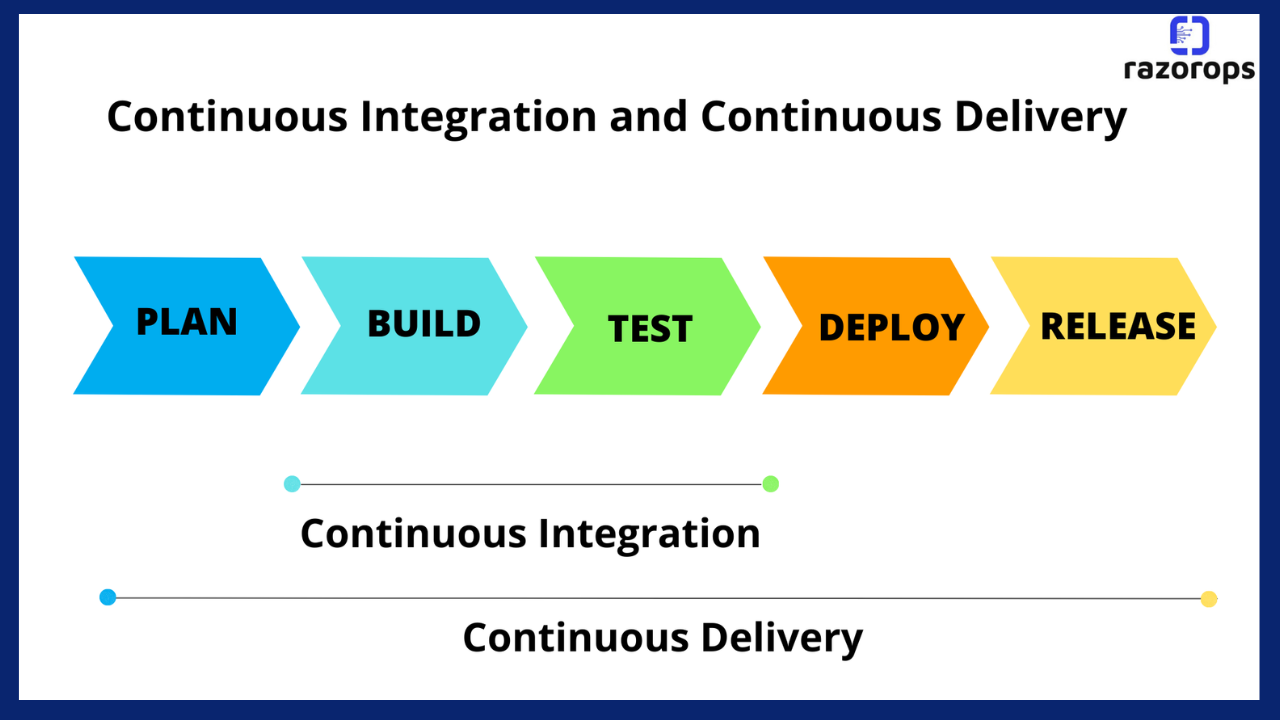
Continuous Integration and Continuous Delivery improve software quality and give users with a bug-free environment.
Important Events
How to deploy sample microservice over DigitalOcean Kubernetes (DOKS) using RazorOps | June 25, 2022—11:30 a.m. IST | Register
The webinar aims to provide in-depth information on deployment of microservices over Kubernetes. You will learn about Kubernetes and its Benefits? How to deploy a sample microservice over DigitalOcean Kubernetes using RazorOps CI/CD pipeline.
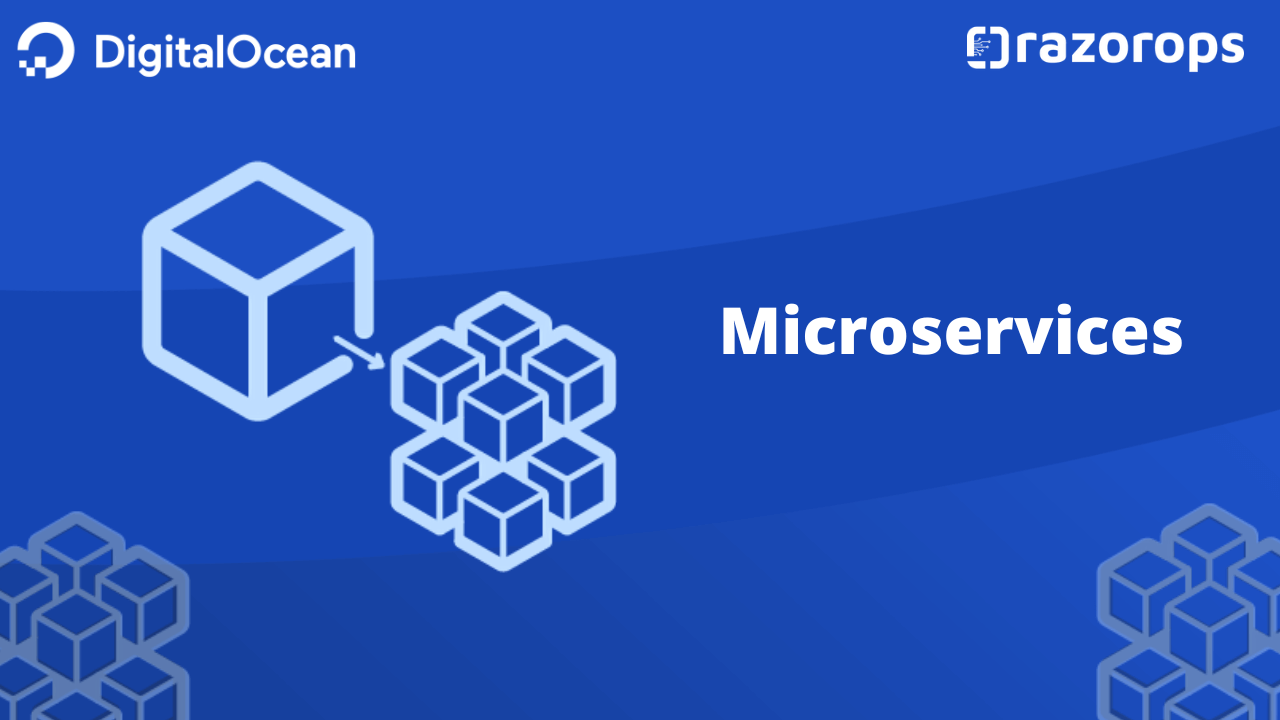
Kubernetes Community Days Berlin- 2022 | June 29–30, 2022| RSVP
Germany's Kubernetes and cloud native communities will converge on Berlin's Insel der Jugend for a two-day technical conference packed with intriguing speakers and plenty of opportunity to trade and network. Developers, operational personnel, and any other IT professionals
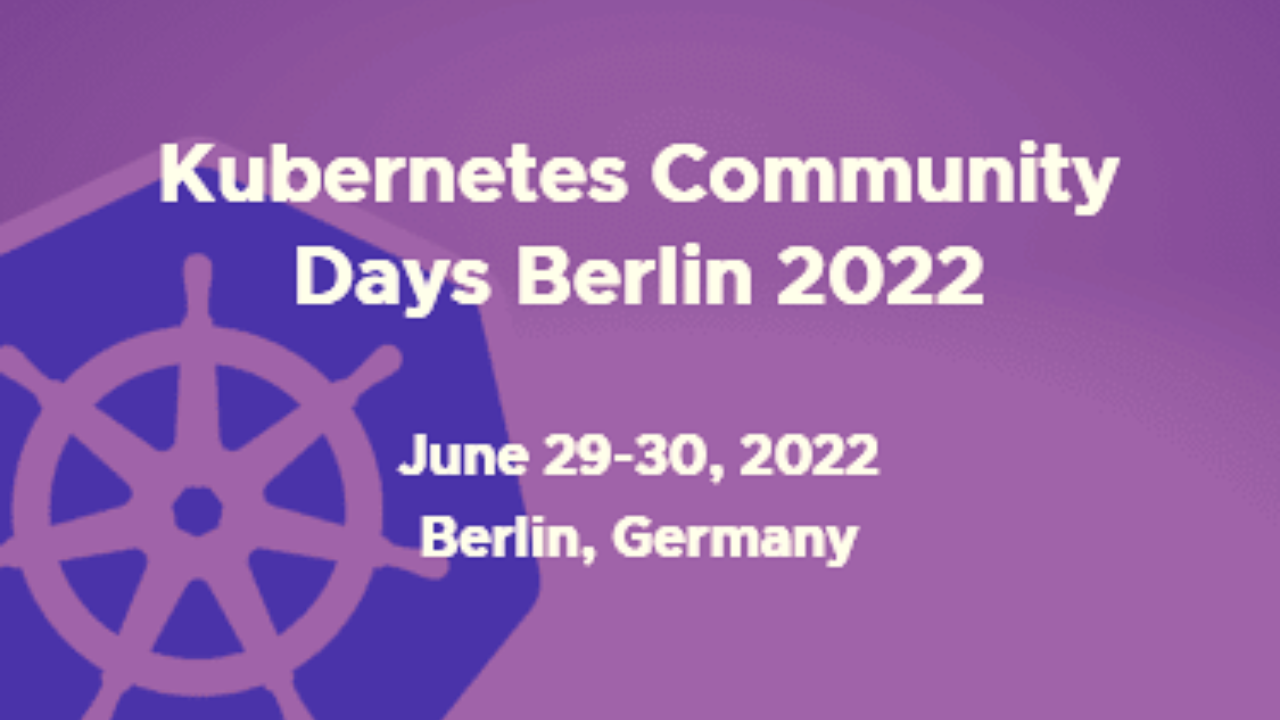
with an interest in cloud native technologies are invited to attend KCD Berlin. The Cloud Native Computing Foundation is sponsoring the community event.
ArgoCon 2022 | September 19–21, 2022 | Register
Meet other Argo fans and contact with project maintainers at this vendor-neutral event aimed at encouraging cooperation, debate, and information sharing.
